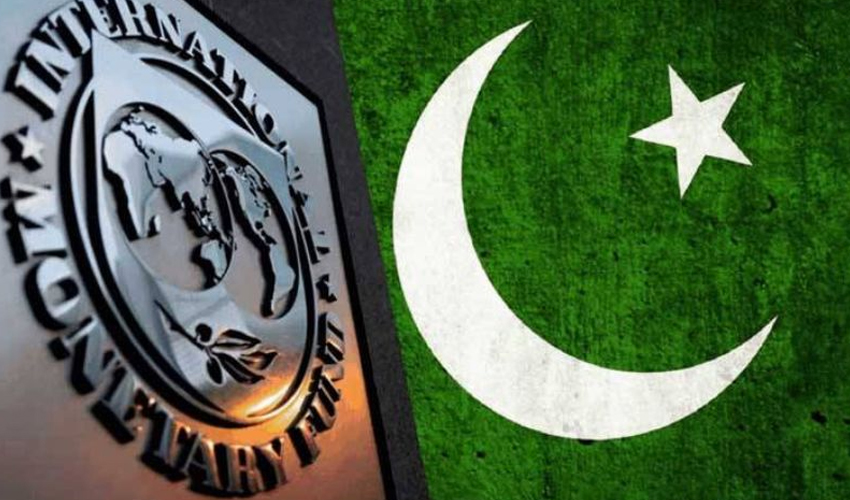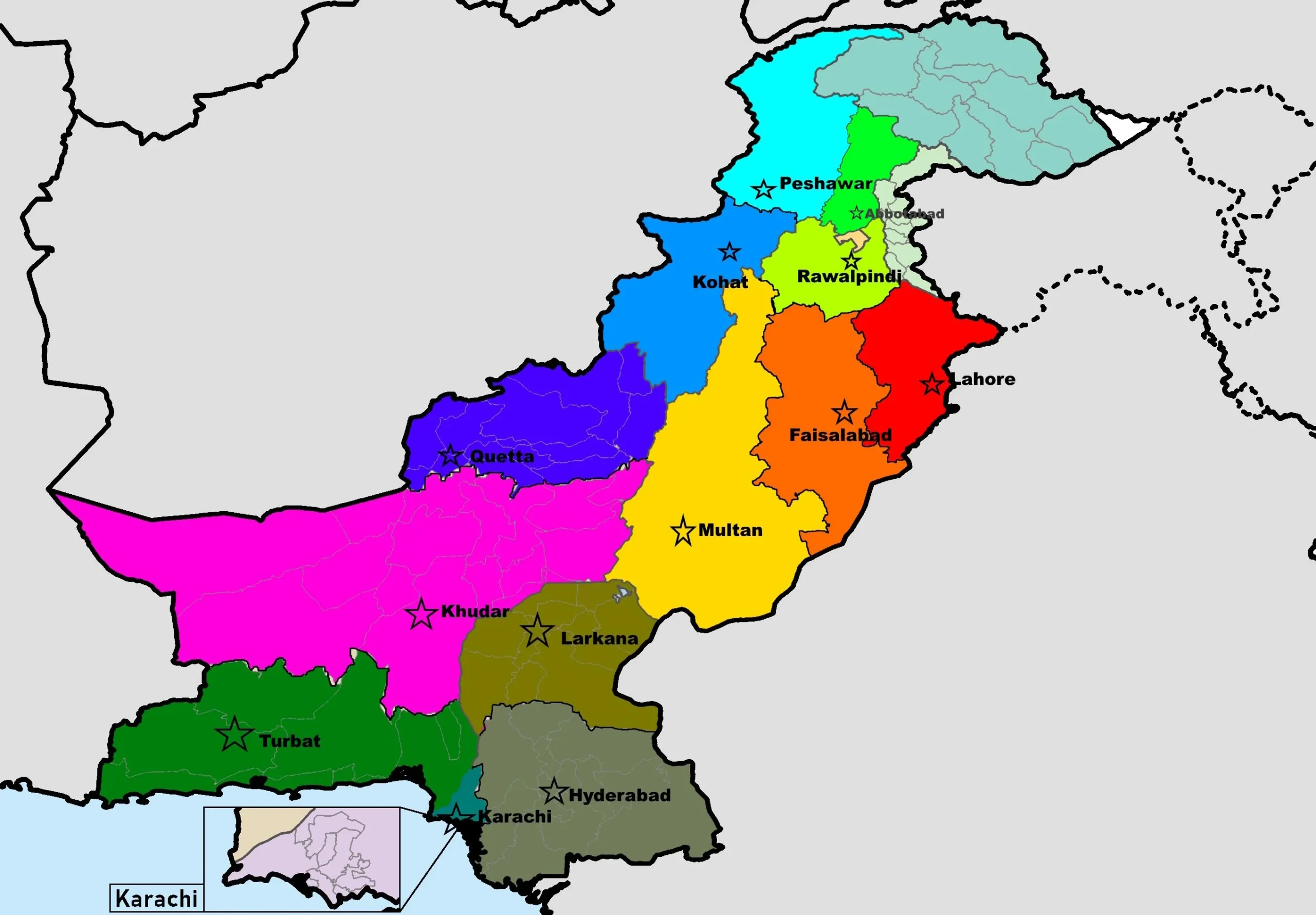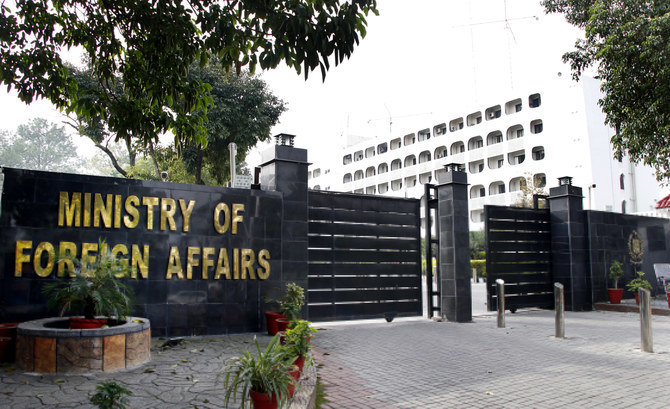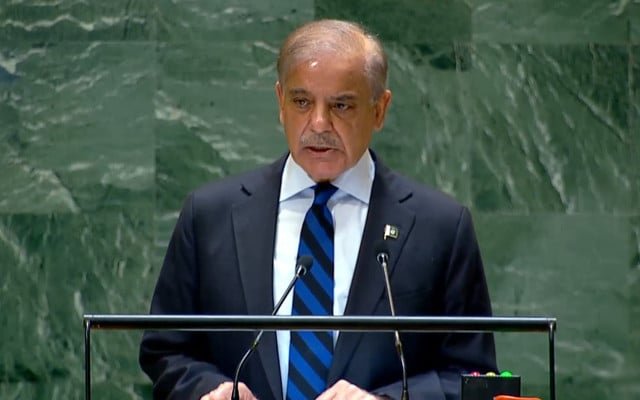The Executive Directors of the International Monetary Fund (IMF) have advised Pakistan to transition away from its state-led growth model and improve the business environment to reverse the decline in living standards. This recommendation was outlined in a comprehensive report following the approval of Pakistan’s request for a $7-billion, 37-month Extended Fund Facility (EFF).
The IMF Directors highlighted the need for reforming state-owned enterprises, eliminating trade barriers, addressing market distortions, and enhancing governance frameworks as key priorities under the new program. Despite acknowledging progress, the IMF emphasized that Pakistan still faces significant vulnerabilities and structural challenges.
In addition, the IMF stressed the importance of building climate resilience and implementing climate adaptation investments. The Directors urged Pakistan to demonstrate strong commitment and ownership of sound policies and structural reforms to create conditions for sustainable and inclusive growth and to reduce debt levels.
Furthermore, the report emphasized the necessity of vigilant monitoring of program implementation, close consultation with the IMF Executive Board, and robust contingency planning to ensure the program’s success. The IMF also called for reforms to strengthen the fiscal framework, ensure energy sector sustainability, and enhance liquidity and debt management.
Lastly, the IMF underscored the importance of allowing the exchange rate to act as a shock absorber and recommended continued improvements in the anti-money laundering and combating the financing of terrorism (AML/CFT) framework. The report also emphasized the negative impact of deviating from programmed policies and stressed the significance of strong ownership for program implementation and financing.















